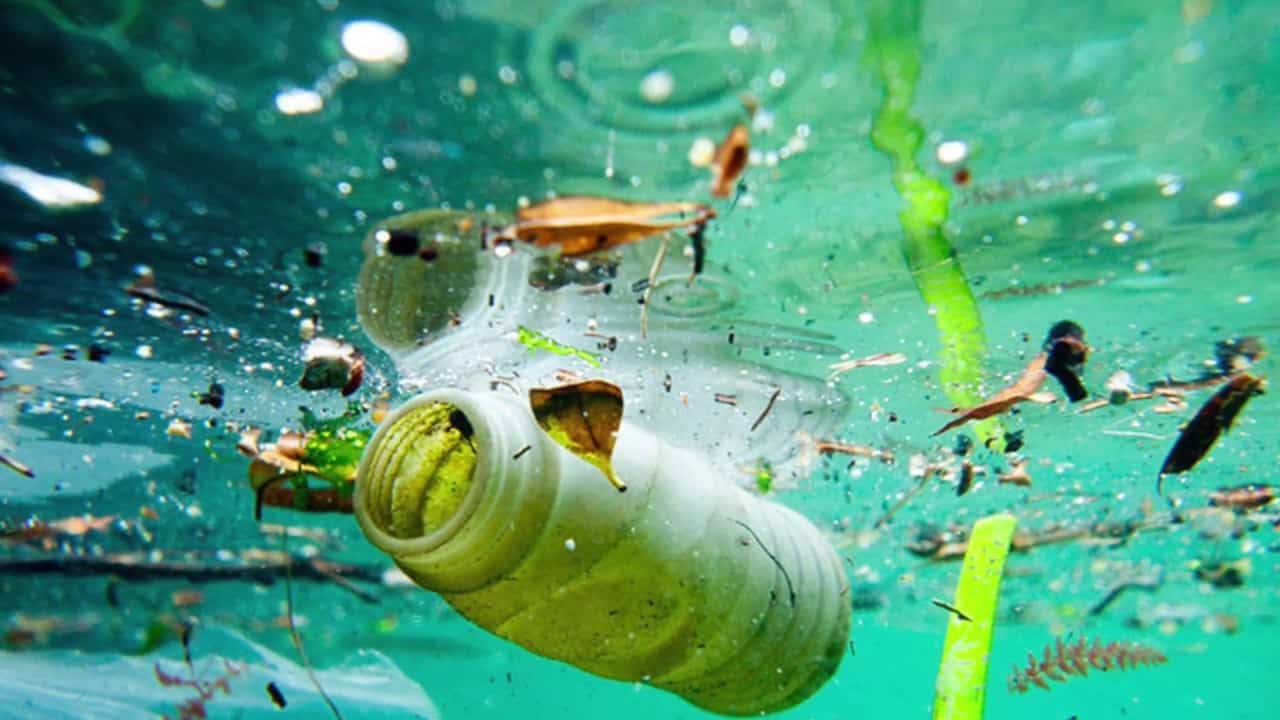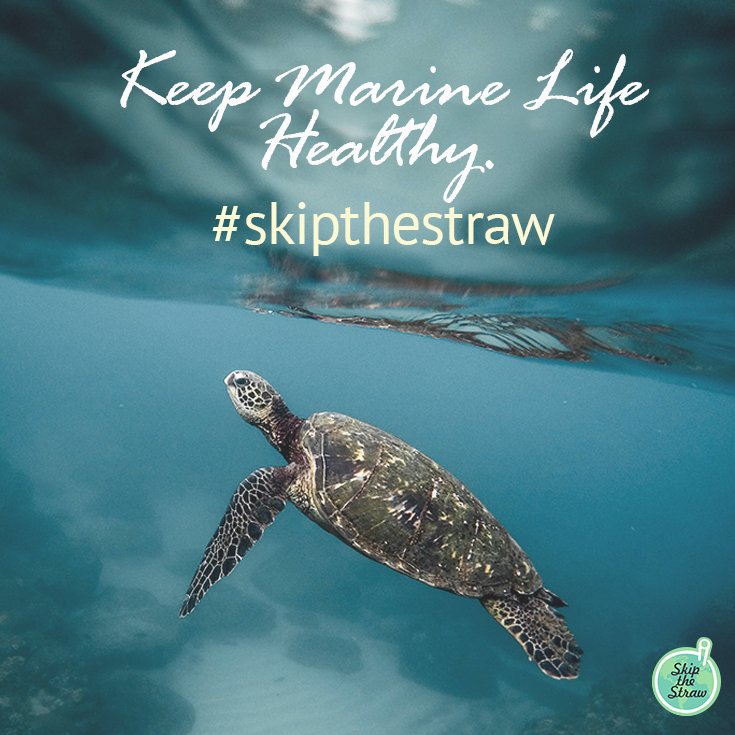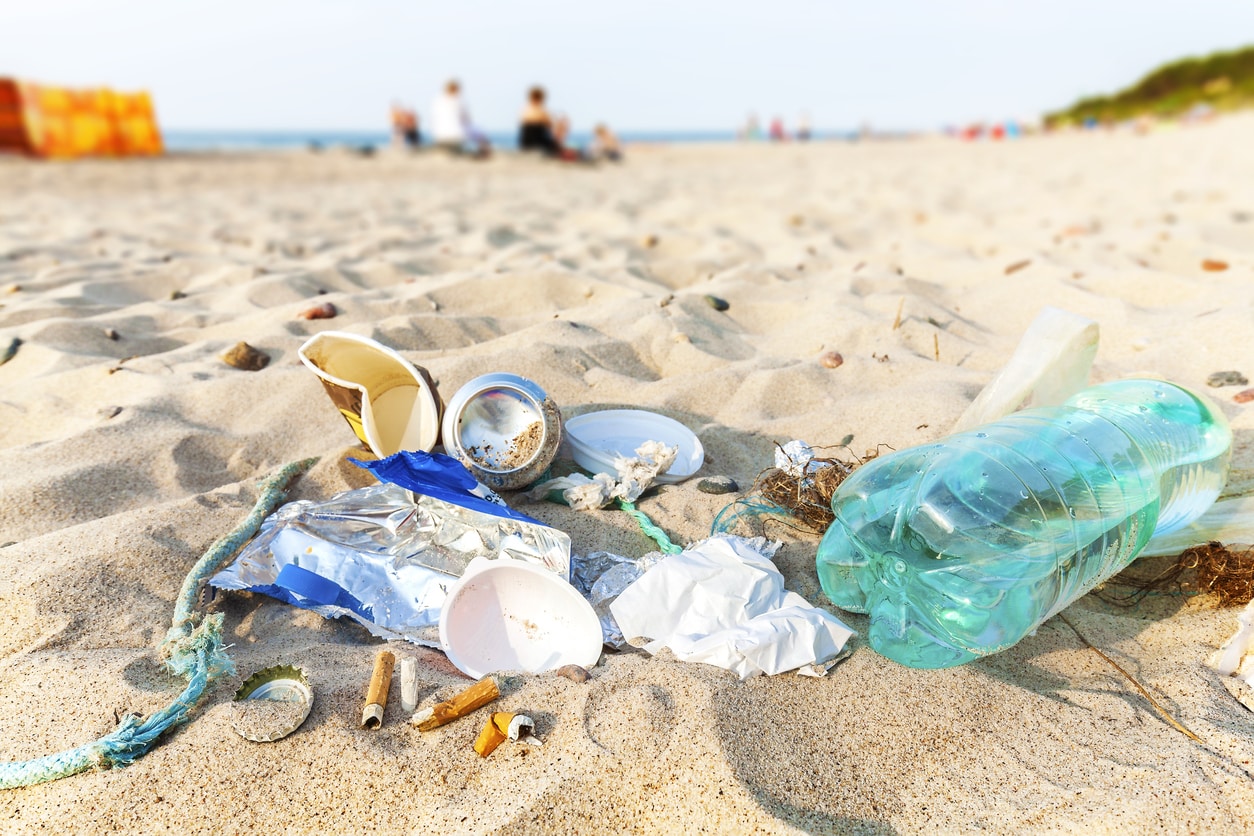Ocean Pollution
As surfers and people who spend a lot of our time in the ocean, it’s particularly sad for us to see the effects of ocean pollution on global waters.
It’s been a problem for as long as I can remember. It’s something we’ve been warned about. It is something we sort-of kind-of learnt about at school. Today, the issue of marine and ocean pollution is becoming increasingly real in our everyday lives.
On a surf trip we did to Indonesia last year, we look a little boat out from Nusa Lembongan to open waters, where we did some diving. We were in the middle of nowhere, it seemed, surrounded by natures most impressive scenes. We jumped off the side of our boat, and were surrounded by giant manta rays. It was an incredible experience. The problem? Even though it felt as though we were literally in mother nature’s bosom, in the middle of nowhere- the Fanta cans and chip packets surrounding the mantas where heartbreaking.

This was our first real in-your-face experience of just how serious marine pollution is today. It’s not just a problem in Indonesia either, it’s a problem that we are facing on a global scale.
What is Ocean Pollution?
‘Pollution is the introduction of harmful contaminants that are outside the norm for a given ecosystem.’ – National Geographic.
Common man-made pollutants that reach the ocean include pesticides, herbicides, chemical fertilizers, detergents, oil, sewage, plastics, and other solids.
In previous years, there were many people who believed the ocean was simply too big for us humans to actually cause any substantial harm to it. They believed that no matter how much rubbish and plastic or chemicals they dumped into the ocean, the effects wouldn’t be substantial. Their theory was ‘ the solution to pollution is dilution’. Today, its becoming increasingly clear that we, as humans (every single individual) has the ability to cause some very real damage to our beloved ocean.
What Causes Marine Pollution?
Industrial discharge, plastic, oil spills and runoff from farms are major contributors to marine pollution; but, it comes in many forms.
Poison Through Consumption
Many man-made pollutants that are deliberately dumped into our oceans end up settling on the floor of the ocean, and are consumed by micro organisms. Those micro organisms are then consumed by bigger marine animals, and eventually, introduced into the food chain- even reaching us through the fish we eat. So, in essence, the way I understand it (and I’m no microbiologist): by contributing to marine pollution, we’re poisoning ourselves.
Solid waste and marine debris like plastic shopping bags, foam, cans and other items dumped into the sea from land or by ships are often consumed by marine animals, fish, and birds with deadly effects. They mistake the foreign objects for food.

Suffocation and Dead Zones
You don’t need to live near to the ocean to cause harm to it. Nitrogen-rich fertilizers applied by farmers inland, for example, end up in local waters through streams, rivers, and groundwater and are eventually deposited in estuaries, bays etc. These foreign nutrients create huge blooms of algae which rob the ocean’s waters of oxygen. The result? Areas where little to no marine life can survive. These zones suffocate our marine life. They’re commonly known as dead zones, and they’re as grim as they sound. The number of identified dead zones globally today has quadrupled since 1950.
Garbage Patches
Fish and mammals are harmed by used fishing nets that are thrown into oceans and drift for years. In some places, ocean currents push together trillions of plastic and other items of rubbish into massive circling garbage patches. The Great Pacific Garbage Patch, for example, covers an estimated surface area of 1.6 million square kilometers, an area twice the size of Texas or three times the size of France. Visit the Ocean Cleanup to find out more.
Noise Pollution
As I mentioned earlier, pollution comes in many forms, some less obvious than others. This is one of the forms I never even knew about until I watched a recent episode of Blue Planet II.In large bodies of water, sound waves can carry without interruptions for miles. Loud and persistent sounds disrupt migration, communication, hunting and reproduction of marine animals. Put simply, noise pollution stresses out marine animals. It can stop them from eating, reproducing, or cause them to become disorientated.
Today, there is an increase in loud and disruptive sounds from ships, oil rigs, sonar devices and even natural sources. Our oceans are in danger, and it’s up to each individual to make changes to work towards a more sustainable and healthy future for our seas.

How Can You Help Reduce Ocean Pollution?
If we make a few small changes to our daily lifestyles, collectively we can make a big difference to our oceans. Here are a few ways that you can make a positive change and work towards clean waters:
Don’t use single-use plastic.
Plastic pollution is a good place to start thinking. Vow to stop using plastic straws, plastic shopping packets or bags, plastic bottles, disposable razors, products with plastic packaging etc. These items all end up as plastic trash. For each of these items, there is an environmentally friendly alternative available. Swop out plastic straws for metal or bamboo straws; swop out plastic bags for reusable material shoppers; plastic bottles for a ‘keep cup’ or flask etc.
WWF said although plastics only account for about 10% of man-made waste‚ plastic production has grown 650% since 1975 reaching 270 million tons. “Because plastics take hundreds to thousands of years to degrade‚ we are still living with every piece of plastic that has ever been made.”

Avoid microbes in your skincare products.
This was a less obvious one for me. Research shows skincare products often contain many types of plastic. Look for products with the ‘zero plastic inside’ logo next time you’re shopping. Visit http://www.beatthemicrobead.org/ to find out more.
Recycling.
This one should be a given. Recyclable materials include many kinds of glass, paper, and cardboard, metal, plastic, tires, textiles, and electronics.
Eat sustainable food.
Pay attention to the foods you buy and consume. The processed food and meat industries are some of the biggest contributors to ocean pollution, not to mention the unsustainable fishing methods that have become common practice.
Use natural fertilisers.
The composting or other reuse of biodegradable waste as natural fertilisers instead of using nitrogen-rich fertilisers and chemicals in your garden.
Walk, ride a bike, or share a ride.
Pollution from cars impacts the quality of water, as smoke from the exhaust combines with rain, leading to acid rain, which makes its way to oceans and seas. Try and reduce the amount of car trips you make in a day- think about riding you bike, walking, using public transport, or sharing a ride with a friend.
Beach cleanups.
If you live in a coastal city or town, try and find a coastal cleanup group online. Spending even 1 hour cleaning up beaches every week will make a big difference if we all get involved.

Educate others.
Don’t be shy to call your friend out when they ask for a straw at a restaurant. Where ever you have the chance to teach someone about the devastating effects of plastic and pollution on our oceans, give it a go. At the end of the day, each person you covert to a more ocean-friendly consciousness is a major win in the eyes of the environment.
Support ocean pollution organisations.
There are loads of organisations and groups that you can support online. Places like Ocean Conservancy, Surfrider Foundation or Oceana. Here’s a list of 15 organisations fighting to save oceans, to check out.
Put pressure on your government to make a change.
Every government is different, and some countries are a lot more advanced with their ocean pollution prevention policies and regulations than others. South Africa, for example, is pretty far behind. Did you know that our governments actually make money from the sale of plastic shopping packets at supermarkets, and therefore encourage it?
South Africans use approximately 8 billion of these bags annually. 96% of these bags end up in landfill where they can last up to 1000 years (absurd when you consider that the average plastic bag is used for only 20 minutes!) Visit https://www.aquarium.co.za/content/page/rethink-the-bag to sign a petition or make a pledge against single-use plastic.
This article touches the surface of a much bigger problem, and there is so many more elements to think about when thinking of the overall state of our planet. Climate change and global warming are two of the biggest. Visit https://www.theoceancleanup.com/ to find out more. ‘Now more than ever, our planet needs our help.’
